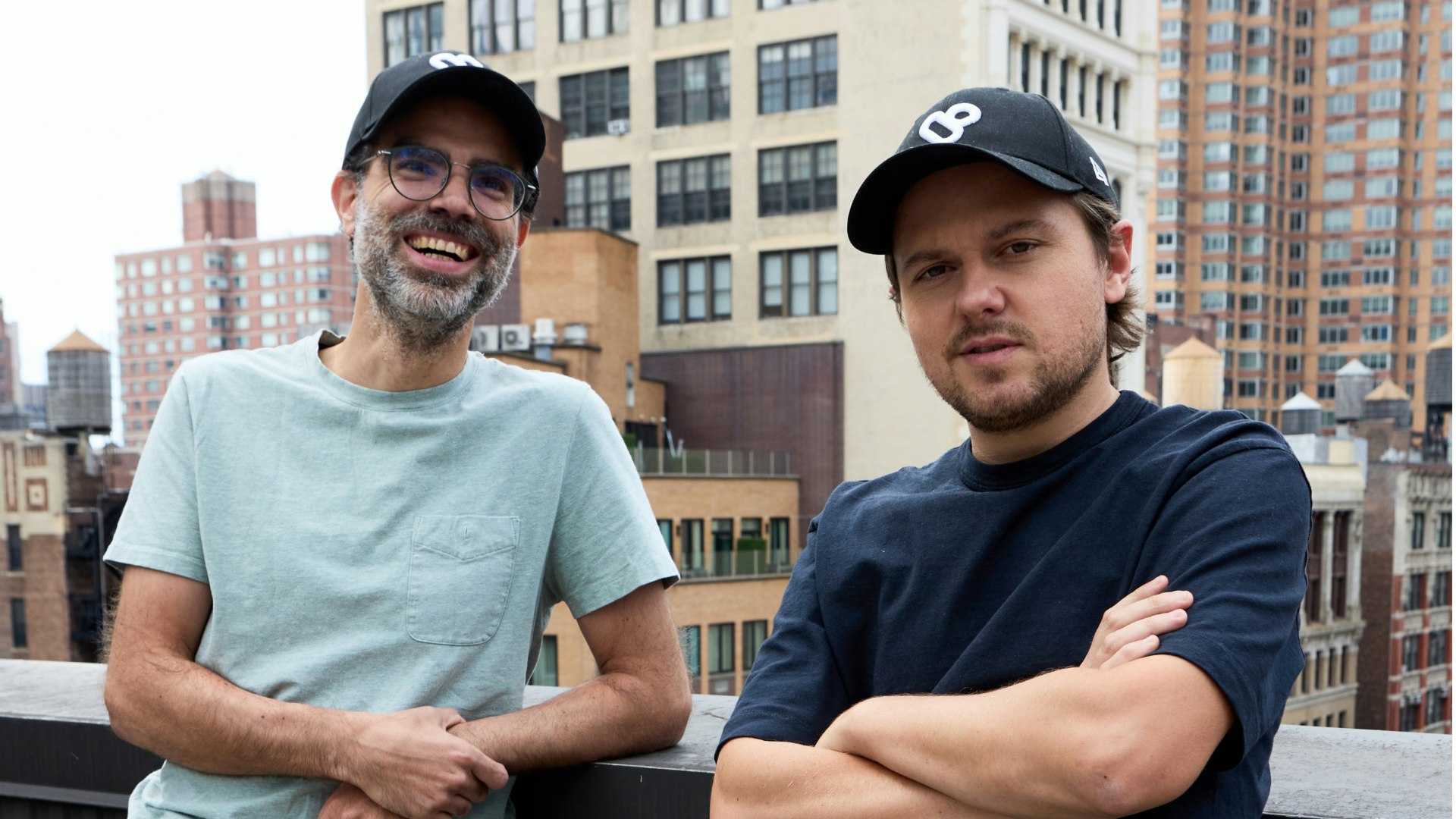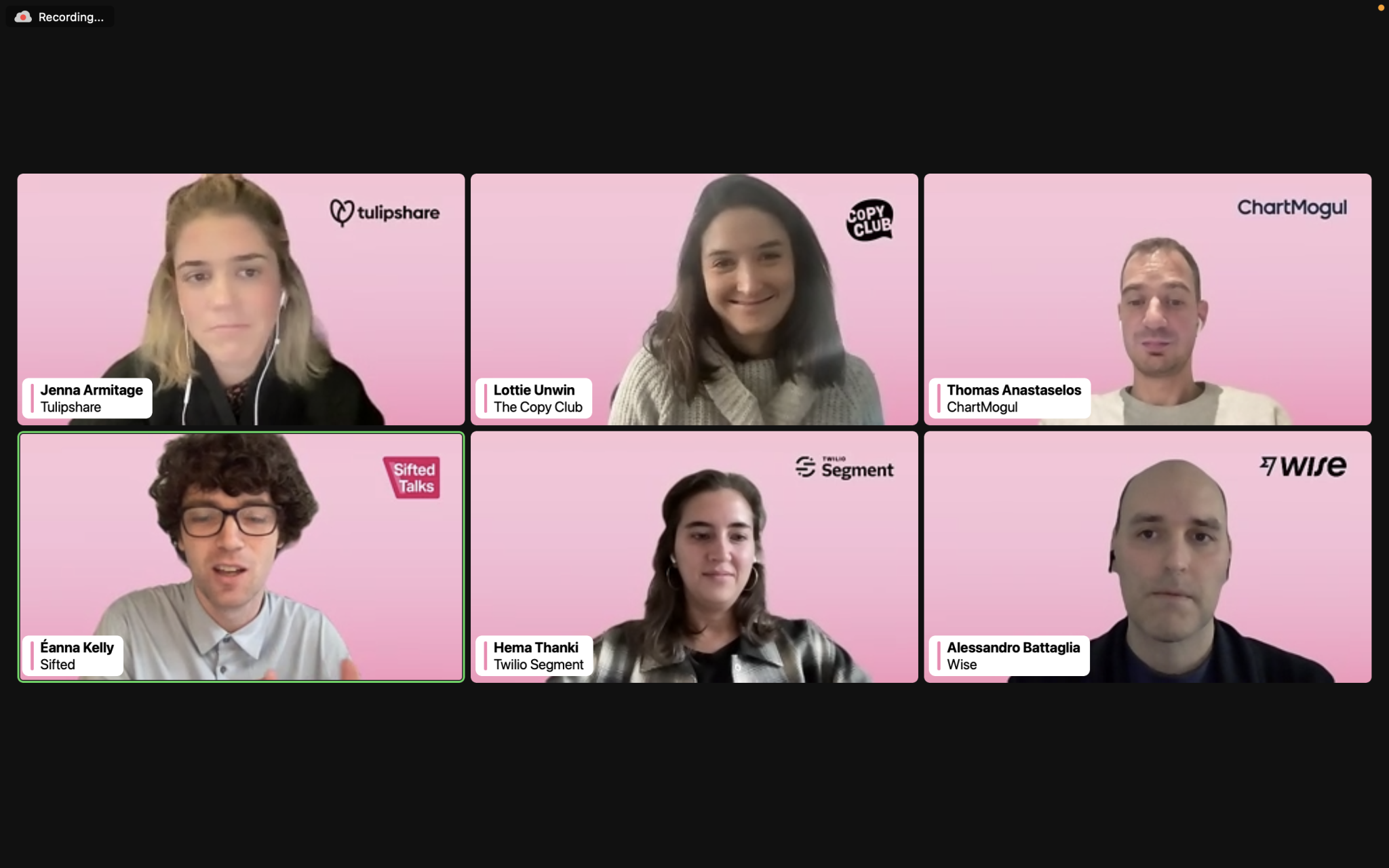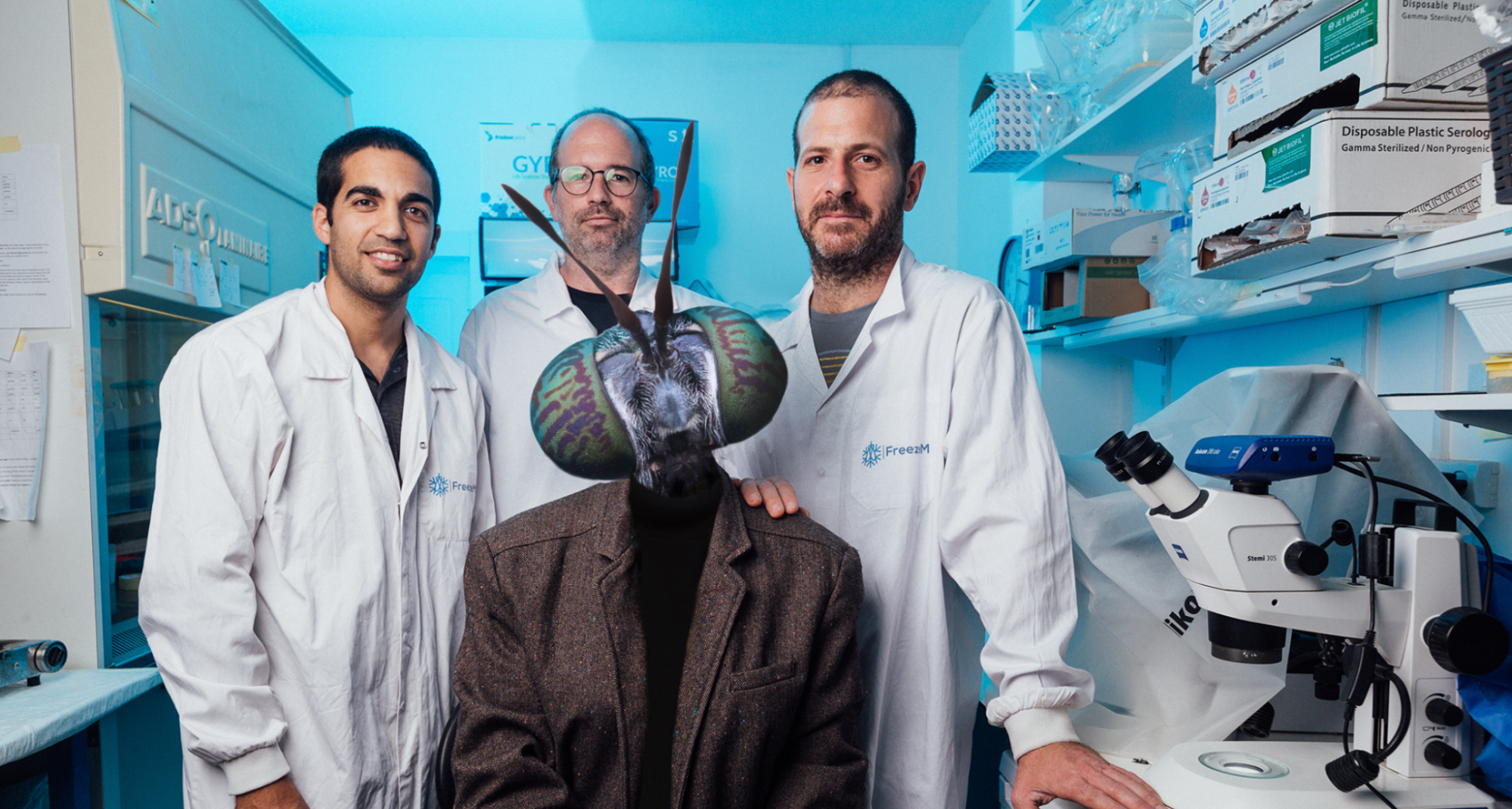One in five people in Europe live with a disability, but flick through a magazine, watch the ad breaks on TV, or scroll through social media advertising campaigns, and you’ll be hard pressed to see disabled faces.
A 2016 census of advertising by Lloyds Banking Group found people with disabilities represented 0.06% of the people in campaigns.
But today there is a growing movement of people trying to redress the balance, with both companies making moves to feature more disabled people in their adverts and marketing agencies springing up to cater to this market.
Martyn Sibley is one of those people, the founder of Purple Goat, a London-based influencer marketing agency focused on people with disabilities.
Sibley has had spinal muscular atrophy, a genetic disability, since birth, and has been in a wheelchair since he was three. He’s always needed professional carer support to help him with simple tasks like having a bath, getting dressed and preparing food. He’s also a disabled influencer, setting up a blog in 2009 and producing videos about life as a man with a severe physical ailment.
Sibley sold an accessible travel business he founded in 2015 called Accomable to Airbnb in 2017, which made him recognise the importance of connecting big brands with the 1.3bn disabled people worldwide. He worked with influencer marketing agency Goat, and in April 2020, set up a spin-off focused on improving disabled representation, Purple Goat.
“My personal values and Purple Goat’s values are about creating a safe environment brands and people that aren’t as familiar with disability feel comfortable to have conversations,” he says.
A big part of our value proposition is working with the brand to de-risk doing and saying the wrong thing.
“There’s a lot of fear in brands of doing and saying the wrong thing, and a big part of our value proposition is working with the brand to de-risk doing and saying the wrong thing.”
The company has already inked a deal with Tesco, with whom they’ll be developing a marketing campaign with 11 disabled influencers to inform customers about accessible toilets, which are now in 100 stores nationwide. Purple Goat has also run campaigns with Edinburgh-based disability startup Neatebox, and American workout provider Kakana, a kind of Peloton for those with disabilities.
Campaign with Starling Bank
They’re also in the process of finalising a deal with UK fintech startup Starling Bank to launch a marketing campaign targeting those with disabilities — though the contract is not yet signed.
It’s not a CSR activity; this is a commercial activity.
“This isn’t an exercise in virtue signalling,” says Alexandra Frean, chief marketing officer of Starling Bank, which is launching a new campaign featuring people with disabilities. “We’re doing this because we want people with disabilities to open Starling Bank accounts. We want everyone to. We’re trying to build our reach and our market share. It’s not a CSR activity; this is a commercial activity.”
Frean says she wants Starling to be the Good Grips of banking, referring to the kitchen utensil company that was initially established to design tools for people with arthritis, but became a household brand because of the quality of their products.
Starling Bank’s campaign, which is still being devised but is likely to run for several weeks, involving disabled influencers sharing organic posts and sponsored content, is likely to be the first of many from brands to better represent those with disabilities.
Sifted understands it’s likely to use the hashtag #moremobile, a play on words highlighting Starling’s mobile app-based banking and the mobility challenges some people with physical disabilities face.
“I think we never would have dared to use that pun ourselves,” says Frean. “We would have been worried that might be unacceptable to someone who’s not mobile, but this was from Purple Goat themselves. It’s helped us learn what we can do.”
A sign of the times
Brendan Gahan, partner and chief social officer at Mekanism, a creative advertising agency, also believes this is a growing trend. “Previous generations of advertising have been very one dimensional when it comes to talent representation,” he says. “However, we're starting to see a much-needed change in talent representation across all facets of marketing.”
Audiences are demanding inclusivity.
That trend is largely driven by influencer marketing for various reasons, adds Gahan. “Audiences are demanding inclusivity. A younger, more open-minded set of marketers are becoming decision makers and changing the culture. Additionally, the rise of influencers has democratised celebrity.” And those influencers look “normal” – where “normal” means like all aspects of society, disabled and non-disabled.
“I think we are becoming more accepting and our eyes are opening to the actual world around us,” says Frean from Starling Bank. “People are less obsessed with the body beautiful, which I think is very off-putting to a lot of people. I think the pandemic has contributed to that, because it has led to a big re-evaluation of what matters, what counts, and what’s important.”
Frean, who declined to share the terms of the potential deal with Purple Goat, admits that working on an influencer marketing campaign may be an easier bet for companies looking to shift their advertising to be more representative of their customer base. “Influencers do allow you to [make] little bets. You don’t have to do these big, massive spends,” she says. “But I think there’s something else going on, and that is to do with attitudes towards disability.”
Nonetheless, smaller spends still add up: Sibley set a target to book £1m of business in the first year of Purple Goat. The company is likely to beat that target significantly, he says. “I’ve had to overcome my own limiting beliefs,” he says. “When we launched in April, we were looking at numbers of revenue that seemed very big to me, but already I’m not flinching and blinking at the budgets we’re working with.”
Sibley hopes that Purple Goat won’t just nudge brands to think more carefully about how they target their one in five customers with disabilities, but will also help bring new disabled influencers into the world. “We want to make an impact across the social side, as well as the business and financial side.”



